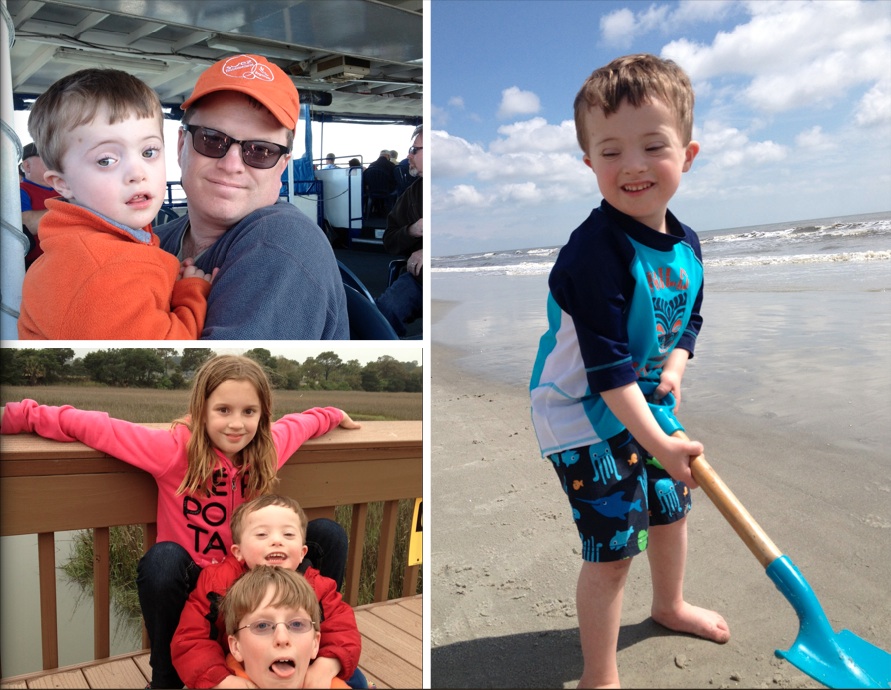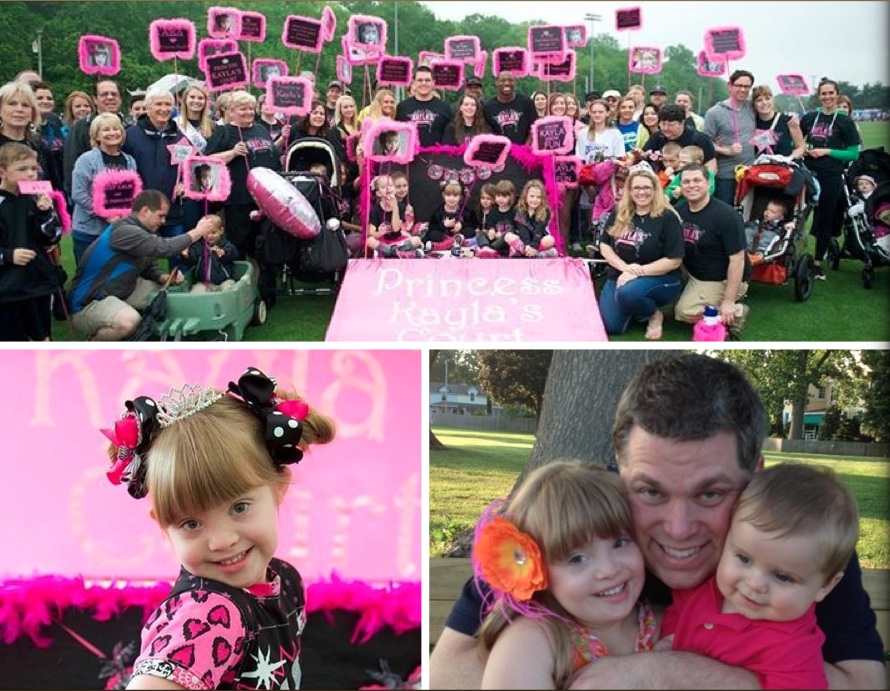by Bruce Arthur from The Star:
The email came from a 25-year-old in New York; we’ll call him Brian. He enclosed a picture of his older brother, who we’ll call Henry. Henry is 27, and lives in Chicago. He has Down syndrome. In the picture he is looking off to the side but he is smiling, and Darryl Sutter’s arm is around him. Darryl is smiling, too.
The email came from a 25-year-old in New York; we’ll call him Brian. He enclosed a picture of his older brother, who we’ll call Henry. Henry is 27, and lives in Chicago. He has Down syndrome. In the picture he is looking off to the side but he is smiling, and Darryl Sutter’s arm is around him. Darryl is smiling, too.
Brian wasn’t looking for a story, and Henry doesn’t want to be famous, so their names have been changed. But Brian had just watched Sutter’s press conferences, with that plain Prairie voice and that unimpressed rubber face and the clipped short answers that are becoming famous. Brian saw people calling Sutter rude, or laughing, as if that was the measure of the man.
He knew it wasn’t, because his father once read an article that mentioned Sutter’s third child, Christopher, who has Down syndrome. The father read the piece aloud with Henry. Henry wrote Sutter a letter. Sutter was the coach of the San Jose Sharks.
Sutter wrote back by hand, on Sharks letterhead. When the Sharks came to Chicago, Brian and Henry and their father were invited to a morning skate, and Darryl met them in the stands. Not everyone knew how to speak to Henry. Darryl did.
“There’s something there between the two of them that there just isn’t with other adults,” says Brian. “Things my brother says, it just brings out the biggest smile on Darryl’s face. I’m a Blues fan, and one time (in 2012) Henry said, ‘Hey, remember when the Kings beat the Blues in the playoffs?’ And Darryl just laughed and laughed. It’s simple, but he understands.”
They exchanged more letters, over time. A letter Sutter wrote is still framed on Henry’s wall in Chicago, along with sticks, jerseys, gear from San Jose and Calgary and L.A. Henry wears a Kings jersey after every win.
“I’d rather just take care of my family in the locker room, and my family at home, and then people that I think should be taken care of,” says Sutter, in a near-empty hallway at Madison Square Garden, between Games 3 and 4 of the Stanley Cup final. “It makes them feel good. And that’s sort of what we’re supposed to do in our lifetime, is make people feel good. So when I get the opportunity to do that, I’ll do that.”









